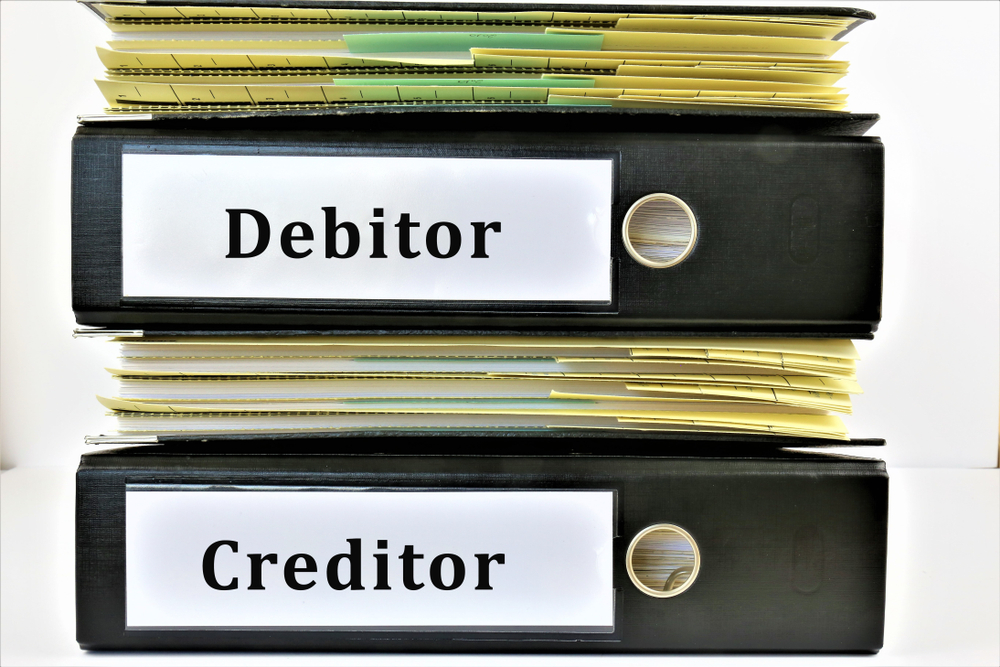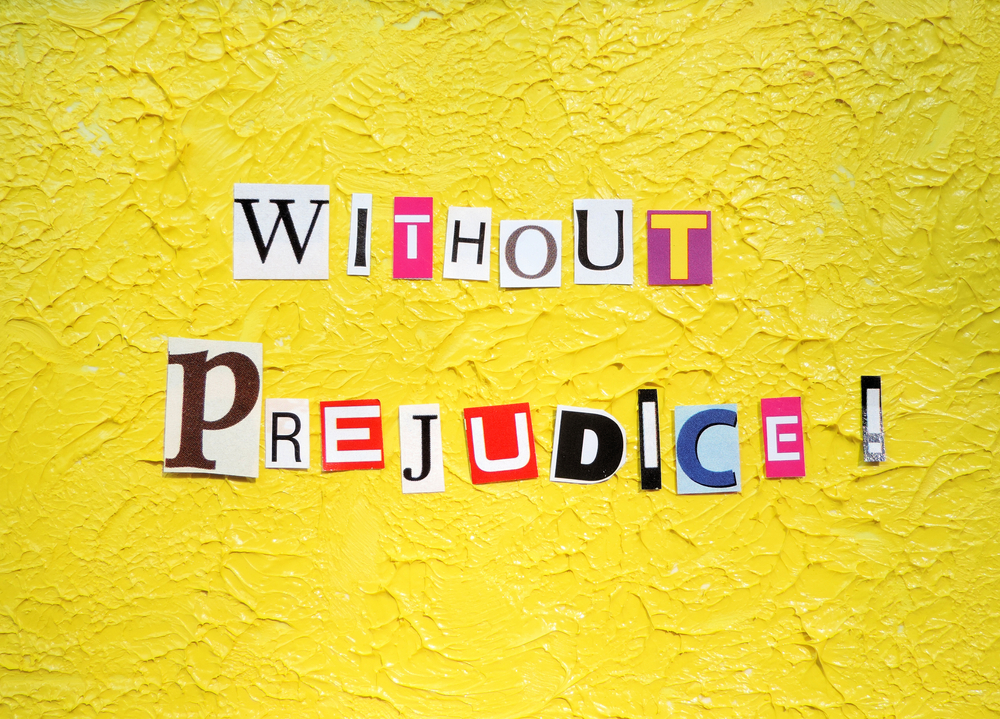Proposals for Settlements and Attaching Releases
I have discussed proposals for settlement (also known as offers of judgment) in a number of prior articles. A proposal for settlement is a procedural vehicle used to facilitate a settlement and create a basis to recover attorney’s fees from the date of the proposal on forward if the proposal for settlement is not accepted and the net judgment comes within a certain amount. Serving a proposal for settlement, and the strategic timing if one is served, should be discussed with your counsel. It should also be discussed with counsel the pros and cons of rejecting a proposal for settlement...
Continue reading













